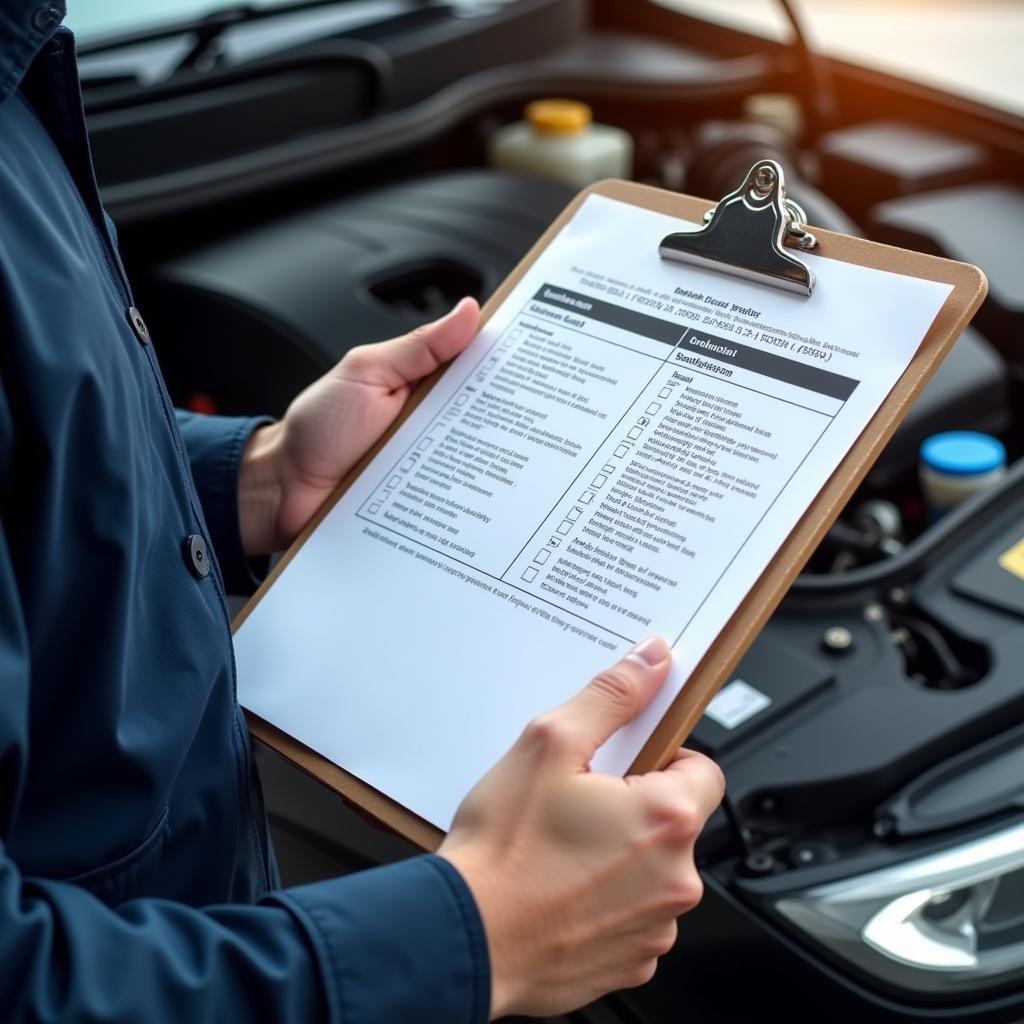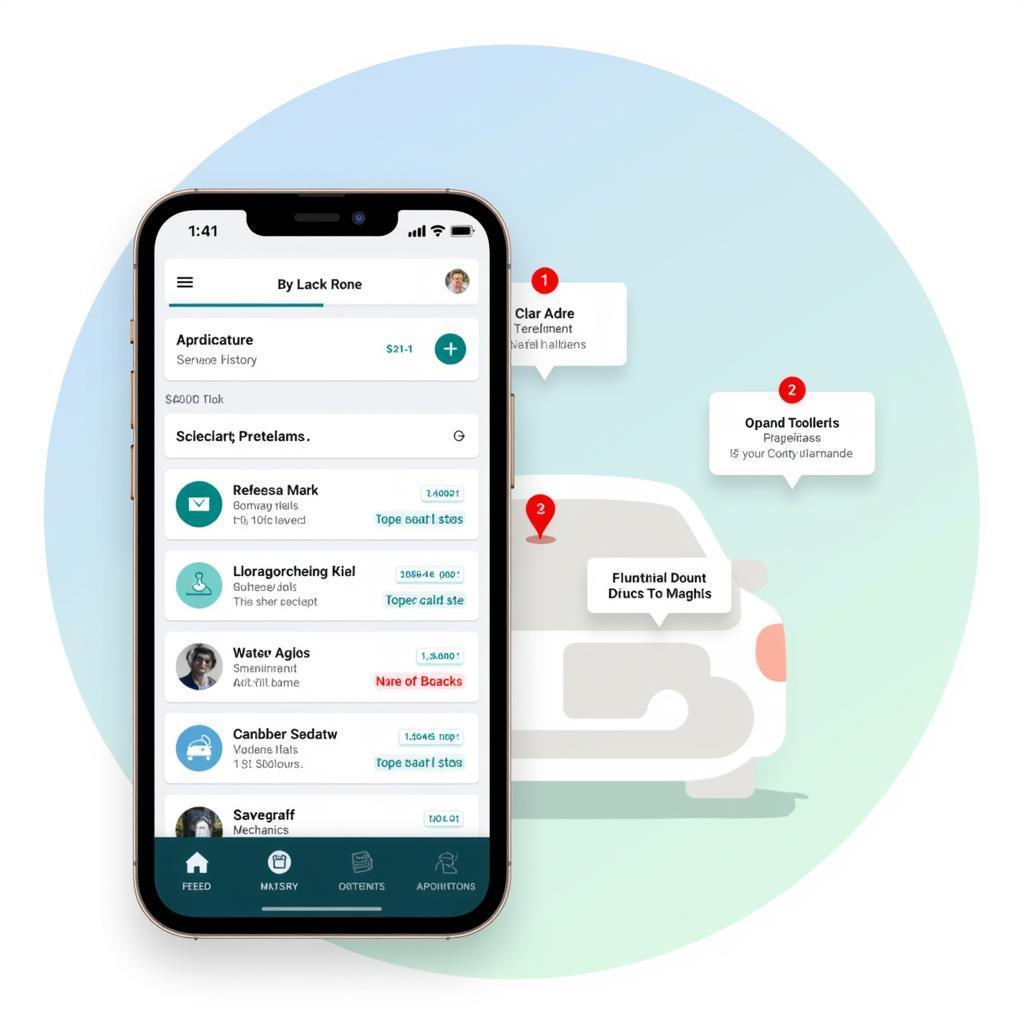How Much Will It Cost to Service My Car?
Knowing how much it costs to service your car can feel like navigating a maze blindfolded. With so many factors at play, from the make and model of your car to the type of service required, it’s easy to feel lost in a sea of potential costs.
This comprehensive guide is designed to shed light on car service costs, empowering you to make informed decisions about your vehicle maintenance. We’ll explore the variables affecting service prices, provide average cost estimates, and equip you with the knowledge to navigate car maintenance expenses confidently.
Factors Influencing Car Service Costs
Understanding the factors that influence car service costs can help you anticipate and manage your expenses effectively. Here’s a breakdown of the key elements that play a role:
1. Make and Model of Your Car
Just like the price tag on a new car, the cost of servicing it varies significantly depending on the make and model. Luxury and high-performance vehicles often come with higher maintenance costs due to specialized parts, intricate engineering, and brand-specific service requirements.
2. Type of Service Required
From routine oil changes to complex engine overhauls, the type of service your car needs is a primary driver of cost. Basic maintenance tasks like oil changes and tire rotations are typically less expensive than major repairs like brake replacements or transmission work.
3. Your Location
Where you live can significantly impact labor costs, parts availability, and overall service pricing. Urban areas with higher living costs often come with higher car service expenses, while rural areas might offer more competitive rates.
4. Service Center Choice
Independent mechanics, dealerships, and national chains all offer varying pricing structures. Dealerships often charge a premium for specialized expertise and brand-name parts, while independent mechanics might provide more budget-friendly alternatives.
5. Age and Condition of Your Car
As cars age, they often require more frequent maintenance and repairs. Older vehicles might need replacement parts that are harder to find or require more labor-intensive repairs, contributing to higher service costs.
 Car Service Checklist
Car Service Checklist
Understanding Different Service Types and Costs
Car services encompass a wide range of maintenance and repair tasks, each with varying cost implications. Here’s a closer look at common service types and their average costs:
1. Routine Maintenance
- Oil Change: $35 – $75
- Tire Rotation: $20 – $40
- Air Filter Replacement: $20 – $45
- Cabin Air Filter Replacement: $15 – $35
- Spark Plug Replacement: $60 – $150
- Brake Fluid Flush: $70 – $120
- Coolant Flush: $80 – $150
2. Major Repairs
- Brake Pad Replacement: $150 – $300 per axle
- Brake Rotor Replacement: $100 – $300 per rotor
- Battery Replacement: $100 – $200
- Alternator Replacement: $300 – $600
- Water Pump Replacement: $300 – $750
- Timing Belt/Chain Replacement: $500 – $1,500+
3. Advanced Diagnostics and Repairs
- Check Engine Light Diagnosis: $80 – $150
- Transmission Repair/Replacement: $1,800 – $3,400
- Engine Repair/Replacement: $2,500 – $7,000+
Note: These are just average cost estimates. Actual prices can vary widely based on the factors discussed earlier.
Tips for Managing Car Service Costs
While car maintenance is an inevitable part of vehicle ownership, proactive steps can help you manage costs effectively:
- Follow Your Owner’s Manual: Adhering to the manufacturer’s recommended service schedule is crucial for preventative maintenance and can help you avoid costly repairs down the line.
- Shop Around for Quotes: Don’t hesitate to get multiple quotes from different service centers before committing to a repair. This allows you to compare pricing and choose the best value for your needs.
- Consider DIY Maintenance: Simple tasks like oil changes, air filter replacements, and tire rotations can be performed at home with basic tools and knowledge, saving you money on labor costs.
- Address Issues Early: Ignoring minor car problems can lead to more extensive and expensive damage over time. Addressing issues promptly can often prevent minor issues from escalating into major repairs.
- Maintain a Car Repair Fund: Setting aside a dedicated fund for car repairs can provide a financial cushion when unexpected maintenance needs arise.
 Car Maintenance App
Car Maintenance App
Expert Insights
“Regular maintenance is key to extending the life of your car and preventing expensive repairs,” says John Smith, a certified master automotive technician with over 20 years of experience. “By following your owner’s manual and addressing issues promptly, you can keep your car running smoothly and avoid unnecessary costs.”
Conclusion
Understanding the factors that influence car service costs is crucial for responsible vehicle ownership. By staying informed about service types, average costs, and proactive maintenance tips, you can navigate the world of car repair with confidence. Remember to prioritize routine maintenance, address issues early, and shop around for quotes to ensure you’re getting the best value for your money.
Need to schedule a car service or have questions about your vehicle’s maintenance needs? Don’t hesitate to contact our expert team at CarServiceOnline. We’re here to provide personalized guidance and support every step of the way. You can also find valuable information on our website, including a must-have client care service list.
FAQs
1. How often should I get my oil changed?
Most manufacturers recommend oil changes every 3,000 miles or 3 months, whichever comes first. However, consult your owner’s manual for specific recommendations for your car model.
2. What does a “check engine” light mean?
A “check engine” light can indicate a wide range of issues, from minor sensor malfunctions to more serious engine problems. It’s essential to have the issue diagnosed by a qualified mechanic as soon as possible.
3. Is it cheaper to go to a dealership or an independent mechanic?
Dealerships often charge higher labor rates and might use more expensive brand-name parts. Independent mechanics can offer more competitive pricing but might not have the same level of specialized expertise for certain car makes and models.
4. How can I find a reliable mechanic in my area?
Ask friends, family, or online communities for recommendations. You can also check online reviews and ratings for local mechanics.
5. What are some signs that my brakes need to be replaced?
Squealing or grinding noises when braking, a spongy or soft brake pedal feel, and vibrations in the steering wheel when braking can all indicate worn brake pads or rotors.
For more information about specific car service needs, explore our articles on what is done in the first service of car and must-have how to improve customer care service list.
Need more assistance?
Contact our dedicated team via WhatsApp: +1(641)206-8880, or Email: [email protected]. We’re available 24/7 to provide expert guidance and support for all your car service needs.

